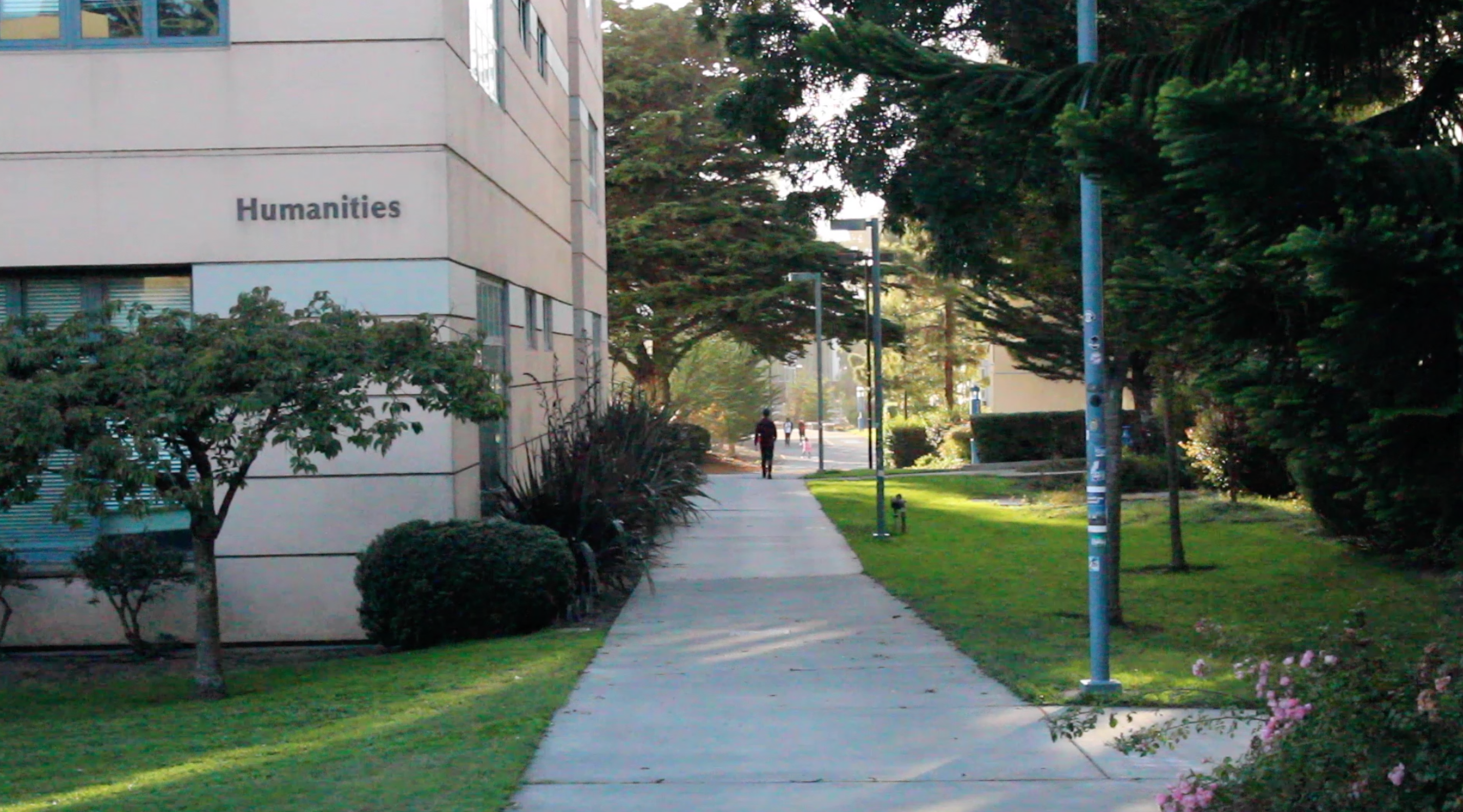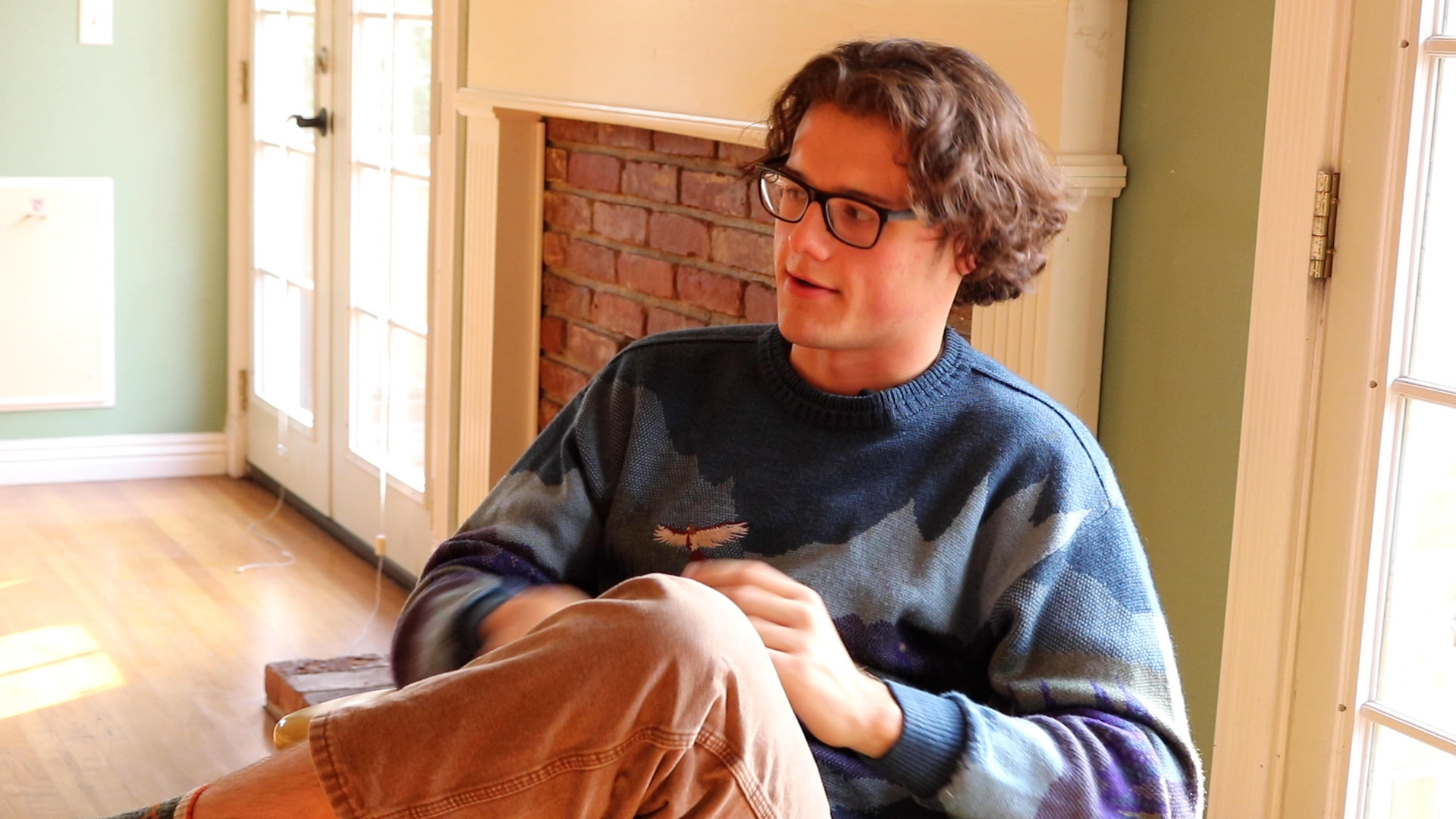Students struggle with mental health
amidst pandemic
How the challenges of remote learning have pushed students
to seek mental wellbeing.
By Matthew Faludi, Matthew MacGugan, and Phoebe French
How the challenges of remote learning have pushed students
to seek mental wellbeing.
By Matthew Faludi, Matthew MacGugan, and Phoebe French

COVID-19 has had a significant impact on college students in particular because they’ve had to adjust to attending classes online, maintaining relationships virtually, changes in housing and employment, and countless other individual obstacles. All of these changes on top of the general presence of the pandemic has been detrimental to their mental health. While resources are available both through school and insurance for some, they are limited due to high demand and are arguably not as “effective” since making the switch online. Students are experiencing heightened stress, anxiety, loneliness, and sadness. They are finding it hard to stay focused and motivated on schoolwork, meanwhile many professors have not lowered their demands and expectations in support of students. Because college students are juggling all of these emotionally and mentally draining responsibilities and stressors, they require special attention when it comes to mental health resources.
Stress and anxiety over the pandemic and online school has nudged many students, including myself, towards pursuing mental wellness. In the spirit of full disclosure, this project served as a way for me to scope out the world of teletherapy before making the commitment. Therapy in and of itself is a difficult thing to access, both financially and emotionally. Then adding the obstacle of not being able to see a therapist in-person only made it seem further out of reach. Because I’m not able to commiserate with other students in-person, I felt like I was the only one struggling. Admitting I wasn’t okay was a huge step that took time to process before I could even reach out for help, because no matter how far our society progresses, the stigma around mental health still lingers. I think reframing therapy as a sign of strength as opposed to weakness really shifted my feelings about it. Having a third party to freely talk to about how you’re feeling and what’s happening in your life without feeling guilty for monopolizing the conversation is invaluable. After all, since we all are struggling through the same things, we can’t solely rely on each other to unload our emotions onto because everyone’s hearts and minds are at capacity just from carrying their own weight. In that sense, going to therapy is not only a gift for yourself, but also for those around you. The better you are for yourself, the better you can be for others. On that note, quarantine has necessitated my loved ones and I checking in on each other more often, which is something that I hope will remain beyond COVID. Simply opening up a conversation about mental health has proven to be beneficial for many as it makes everyone feel less alone. Hearing educators and other students share their thoughts and experiences with mental health resources helped ease my nerves around taking that initial step, and if this project can do that for other people, I’ll consider it a success.
(Phoebe French)
Stack offers a clean and contemporary to suit a range of purposes from corporate, tech startup, marketing site to digital storefront. Elements have been designed to showcase content in a diverse yet consistent manner.
Multiple font and colour scheme options mean that dramatically altering the look of your site is just clicks away — Customizing your site in the included Variant Page Builder makes experimenting with styles and content arrangements dead simple.
Active Minds surveyed 2,051 students regarding the impact of COVID-19 on their mental health in September 2020. The data shown in the infographic is only that of college students.
Since the start of the worldwide health crisis in March of 2020, studies have been conducted to identify what is motivating students to reach out for mental counseling the most.
The results of these studies show both the diversities and commonalities of remote learning and isolation during quarantine. Perhaps on a larger and more impactful scale, however, they illustrate some of the most universal concerns among a collection of students who have never grappled with adversities quite like this in their educational and personal lives. Knowing that their peers around the country are also facing similar challenges may benefit them in ways they cannot measure.
In the interviews below, San Francisco State University students Nicole Pappas and Kimberly Gomez speak on their experiences with isolation and mental struggles while quarantining.
Meanwhile, Liliana Magnanimo, a senior at George Washington University, shares her frustrations with being separated from her friends and communication barriers with her therapist back home in California.

A September 2020 study conducted by researchers at Texas A&M University looked into how public university students in Texas were responding to the COVID-19 pandemic and lockdowns.
One hundred and seventy-seven students reported health related concerns (91%).
One hundred and seventy-three students said it was difficult for them to concentrate (89%).
One hundred and sixty-eight students experienced disruptions to their sleeping patterns (86%).
One hundred and sixty-seven students saw decreased social interactions due to physical distancing (86%).
One hundred and fifty-nine students expressed an increasing concern about their academic performance (82%).
One concern that arose amongst students and faculty was whether students would be able to securely access the resources that both universities and on-campus organizations were putting out to help with student mental health. “A lot of times we see in crises or emergencies, there's this flooding of people with resources, and then like two weeks later, there's crickets,” said Melissa Hagan, Ph.D., an assistant psychology professor at SF State and the director of the university’s Stress, Trauma and Resilience Lab. “It's really dangerous because when a crisis, or an emergency first happens, people are not always in the best place to actually access those resources,” Hagan added.
“We're not alone in this, you're not alone in this, that how you're experiencing this, how you're feeling about it is something that a lot of folks are feeling as well.” -Stephen Chen, Director of CAPS
Resources like Counseling and Psychological Services (CAPS for short), has been an important mental health resource for SF State students for years. With the switch to online classes, both Hagan and CAPS director Stephen Chen think that CAPS is just as important now then it has ever been. Chen says some common issues students have been facing with online classes have been a sense of isolation, difficulty adjusting to online classes, depression and anxiety. “We are social creatures by nature and when we don’t have that social aspect, it’s hard for us,” said Chen. “So that’s something that’s something that us at the counseling center and in working with students, a lot of times they're just providing some of that context, normalizing some of the experience.”